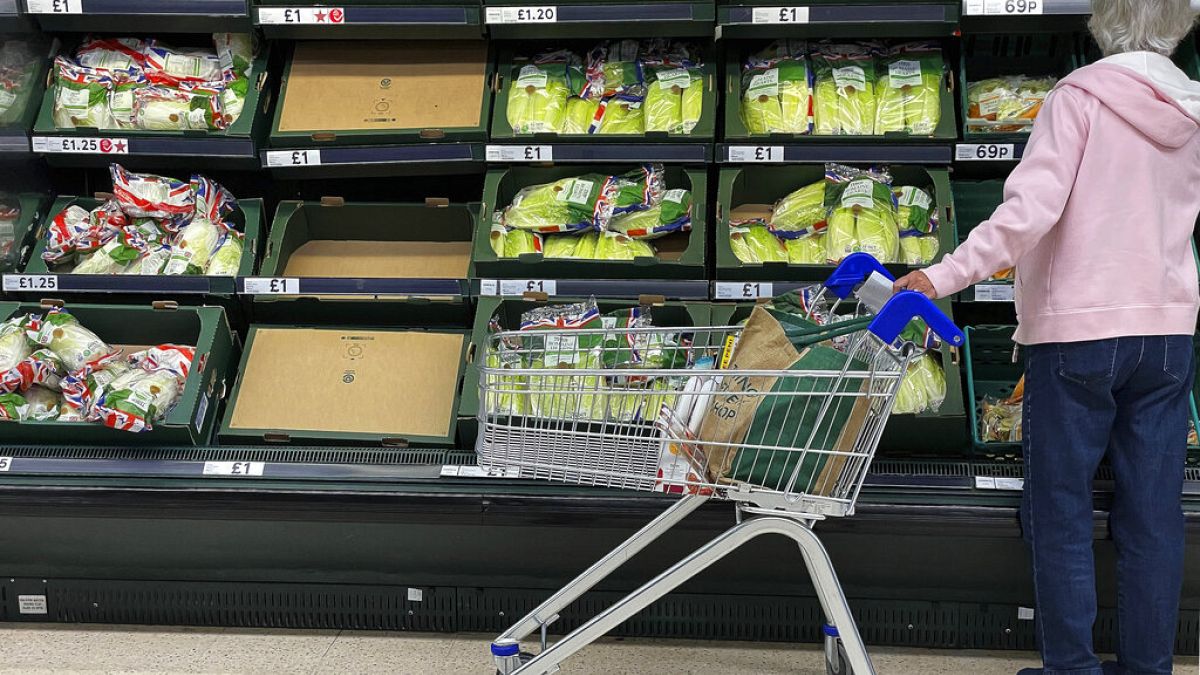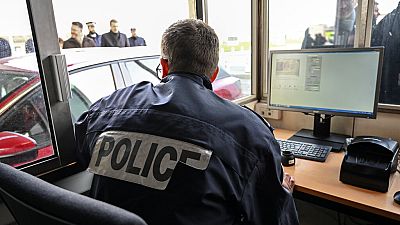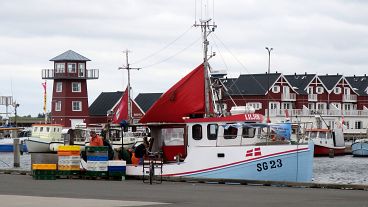There is a warning that fees for new border checks of plants and animal products could leave supermarket shelves empty and lead to small business closures in the UK.
Newly announced details of a post-Brexit border check system has drawn criticism from businesses and trade bodies in the UK, with a warning that it could inflate food prices and lead the closure of several small businesses.
From 30 April this year, firms importing plants or animal products from the EU via the Port of Dover or Eurotunnel will have to pay up to £145 per consignment to cover the costs of a new border check.
The post-Brexit measures are designed to preserve "effective biosecurity and public health systems," according to the UK government, which announced details of the charges of the new 'Border Target Operating Model (BTOM)' on Wednesday.
The government said the "Introduction of robust controls on EU imports will result in new costs for importers in order to fund the operation of Border Control Post (BCP) facilities which are vital to ensure that physical inspections on sanitary and phytosanitary imports can be undertaken safely and securely."
The charges have a cap of £145 per consignment, but depending on the category, "low-risk" products come with a reduced rate of £10 (€11.66), but a consignment of "medium" or "high-risk" products costs £29 (€33.81).
Who will pay the price?
About a quarter of the UK's food imports pass through Dover and the Channel Tunnel.
Trade groups warn that the measures will drive up costs, fuel higher food prices and result in empty supermarket shelves.
The government insisted that the fees are designed to recover the costs of operating border checks and rejected suggestions that they would lead to major increases in food costs.
"Our modelling suggests the impact of introduction of the new model on the costs of food and drink will not be significant, representing less than a 0.2% increase in total over three years," the government said last August, adding that a major outbreak of a disease on the economy could have more impact.
But there are fears that the economy could suffer if businesses cannot absorb the costs.
Reacting to the announcement of the charges, Marco Forgione, director general of the Institute of Export and International Trade said that while larger businesses may be able to absorb the costs, for SMEs, "up to an additional £145 per consignment might mean profit wiped out completely".
He also warned that the increased costs and measures could change the way businesses import their goods, perhaps reducing the frequency of orders, "increasing the price for the consumer and ultimately limiting the variety of products available in UK shops and restaurants".
Mr Forgione stressed that there was a real risk that the new charges could ultimately "make the UK a less attractive nation to trade with for smaller businesses in the EU".



